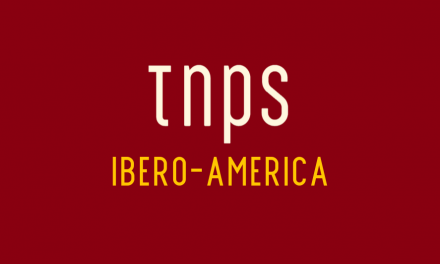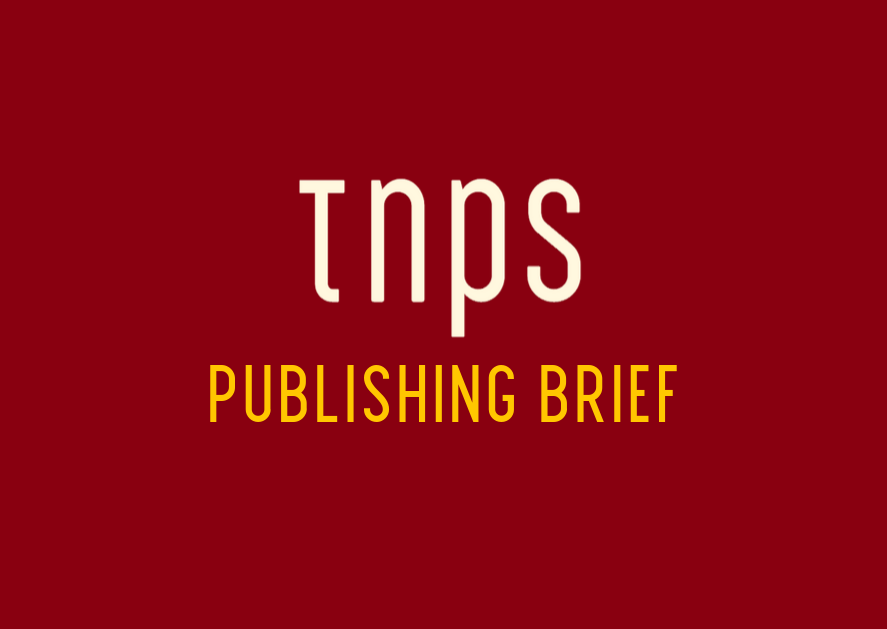Here at TNPS I adhere firmly to the three-Christmases principle: The pagan winter festival that long predates the birth of Jesus; the Christian celebration of the birth of Jesus; and the commercial Christmas of Santa, trees and twinkling lights and flying reindeer that has nothing whatsoever to do with the belief system of anyone-over- eight-years-old.
The publishing industry owes Charles Dickens a big debt of gratitude. With the publication of the novella A Christmas Carol in 1843, Dickens pretty much created the modern Christmas publishing industry bonanza.
That said, it was by no means the first. Dickens had earlier written about Christmas in 1836-7 in The Pickwick Papers, and that was more than a decade after the Clement Clarke Moore poem The Night Before Christmas in 1823, which while not a book, effectively created the modern Christmas theme.
1823 saw the first real personification of Santa, as different from the modern-day image as Streamboat Willie is to the modern-day Mickey Mouse, but still recognisably Father Christmas.
And of course Christmas was happening long before then, if not so much in books, and of course much more orientated to the Christian version, with the commercial Christmas concept yet to evolve. But still Christmas was seen as a festivity.
A story of redemption
In 1646 Thomas Nabbes published Christmas: His Masque, but the Puritans soon suppressed such frivolity. Post-Cromwell, Christmas again began to appear in English literature, but it would be A Christmas Carol, on the tails of The Night Before Christmas, the created the modern Christmas book genre.
Significantly neither the poem The Night Before Christmas nor the novella A Christmas Carol have much to say about the Christian version of Christmas, with the baby Jesus, wise men and virgin mother all notably absent.
The novella may be a story of redemption, but it was a novel about the emerging phenomenon that was commercial Christmas, not the spiritual Christmas, nor the pagan pre-Christmas festivities that the Christian Christmas replaced.
Just another working day
On which note, let me say I’m writing this post on Christmas Day, in a Muslim country, The Gambia. Today and tomorrow (“Boxing Day”, as we call it in the UK) are public holidays here – a colonial legacy – but in every other respect just another working day, as it will be for billions of people around the world.
Salaried staff in government, etc, will be sat at home getting paid, but salaried jobs are few and far between. Waged jobs are few and far between. The markets and small traders have been open here as usual. Market sellers have the option to go to work on a public holiday or not be paid and not be able to feed their families. Not much of a choice. And of course that applies just the same when the Muslim holidays like Tobaski and Ramadan come around. In poor countries, a day off work is often not an option.
My school is closed – colonial legacy again – but I was out of the door at 7.30 this morning to prepare for the holiday study groups, with children eagerly arriving for studies, quite indifferent to the Christmas celebrations and excesses of the western world, some happening not so many miles away in the tourist zone.
For me, it will be the same again tomorrow and throughout the holiday period. My Christmas will be spent giving to the children the best gift I personally can give them – the joy of learning and reading.
The Santa Standard
As I said in a related post yesterday, as a non-Christian lover of Christmas – the commercial Christmas of trees, twinkling lights and Santa, that is – this is what makes Christmas special.
Of course, none of us can meet the Santa standard. Giving to all the world’s children without expecting anything in return – not even a vague promise of an afterlife – is the ultimate in altruism. But somewhat impractical for us mere mortals with no North Pole toy factory, no elves, and only grounded reindeer.
But if we can give books, maybe we can be one step closer to Santa.
And TNPS will continue to monitor the global publishing industry because global means just that: global. To answer the old Band Aid song, no, most people around the world don’t know it’s Christmas.
To those in the west doing whatever we may be doing this Christmas, spare a thought for the majority of the world’s population that at best will be going about their daily business, and at worst will be burying their dead in battle zones like Gaza, Ukraine and all too many others that never make the headlines. Or rebuilding their lives after earthquakes, floods and other natural disasters. Or who are desperately trying to survive one more day amid extreme poverty, famine and civil war.
Merry Christmas? Its only Santa that keeps me believing.





